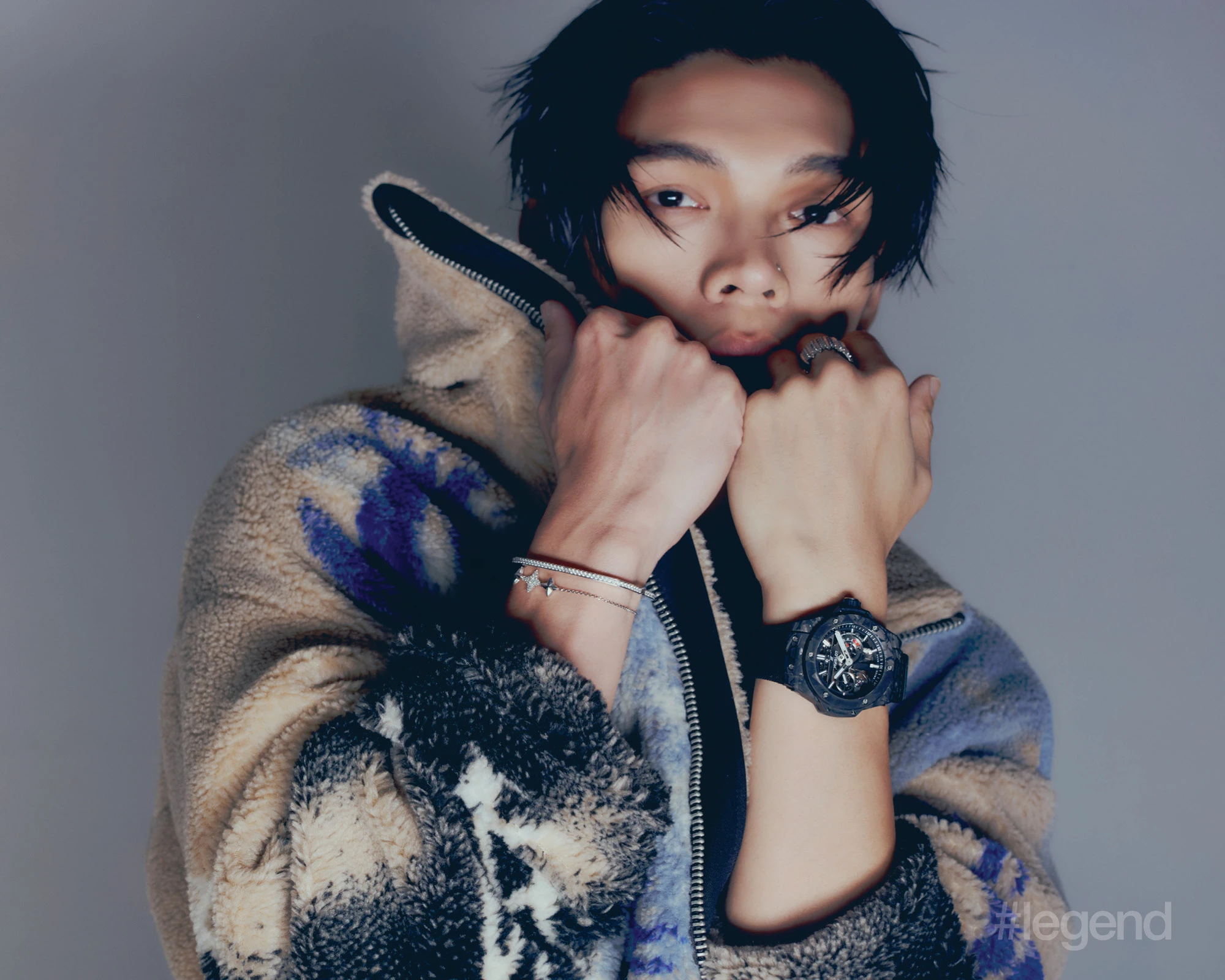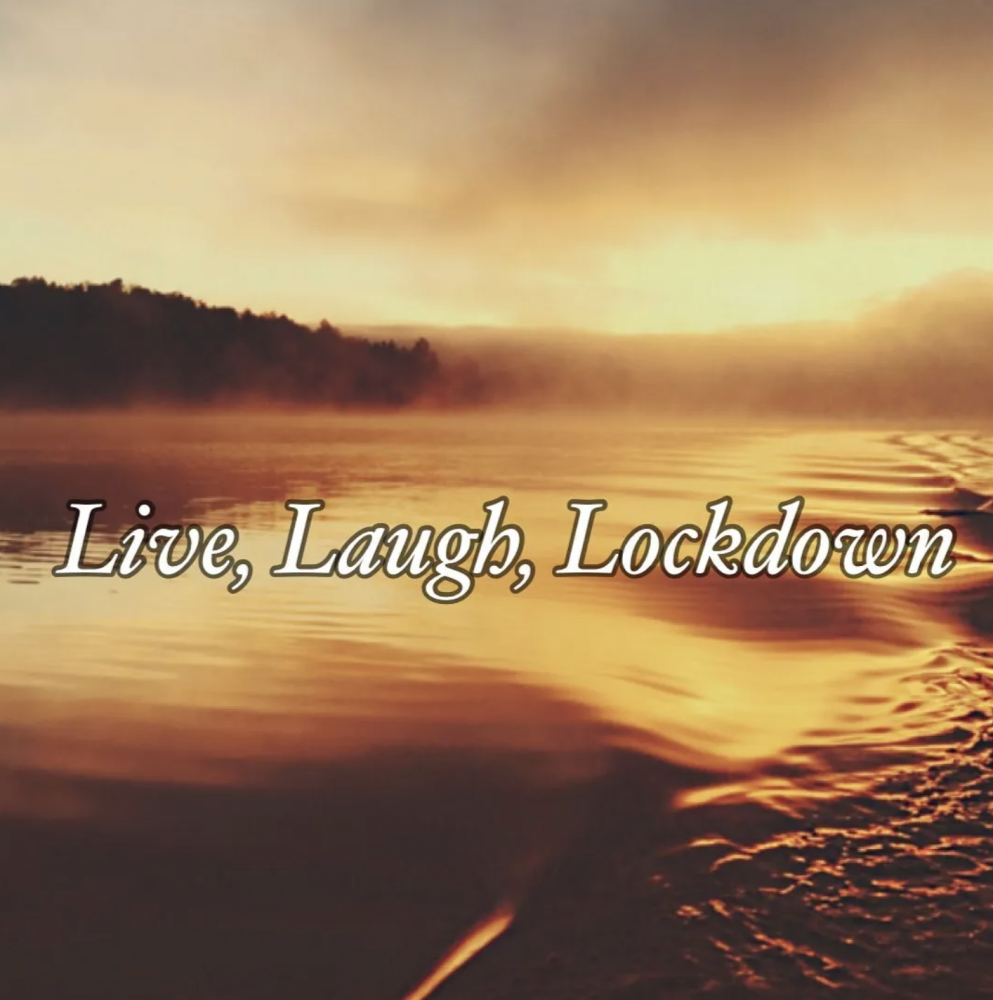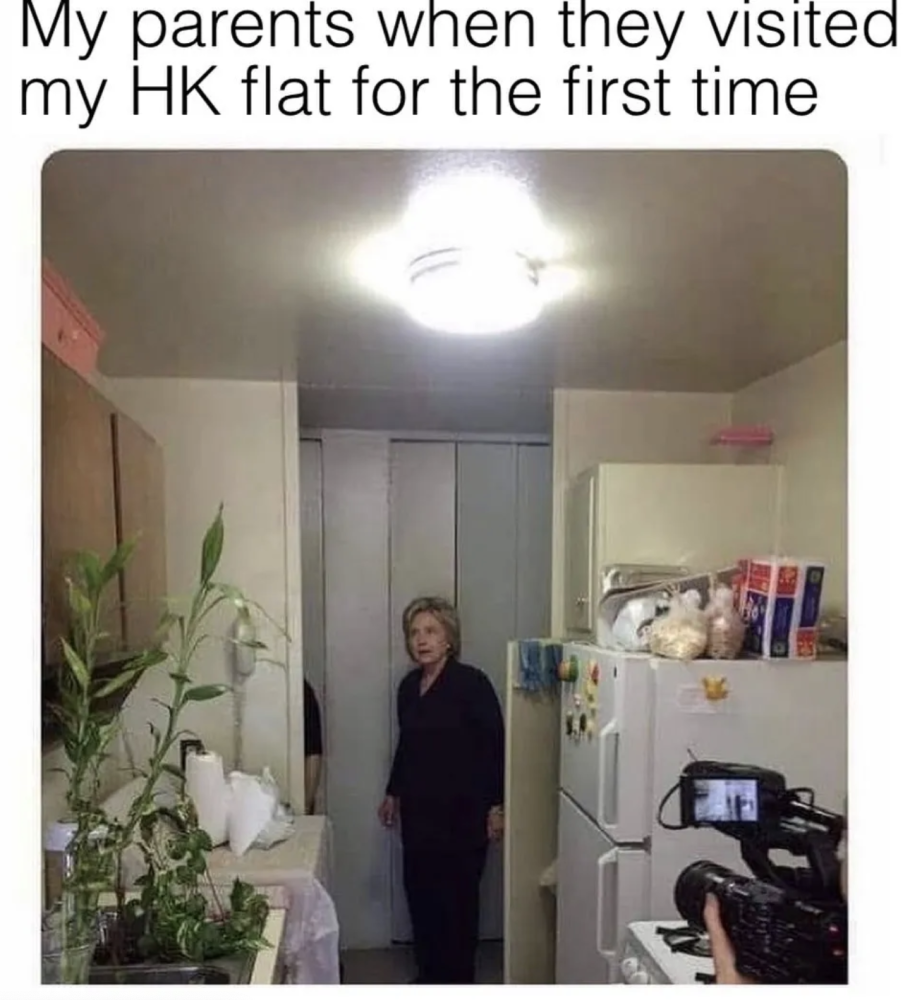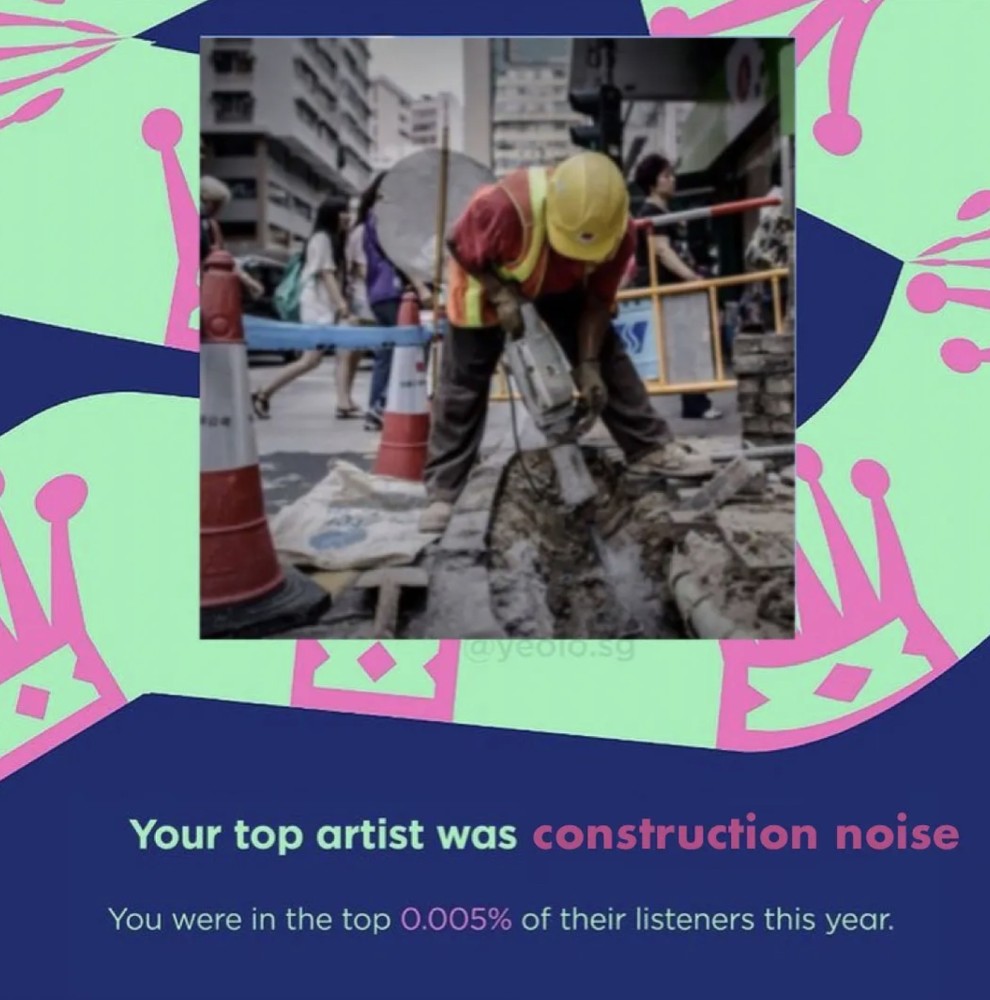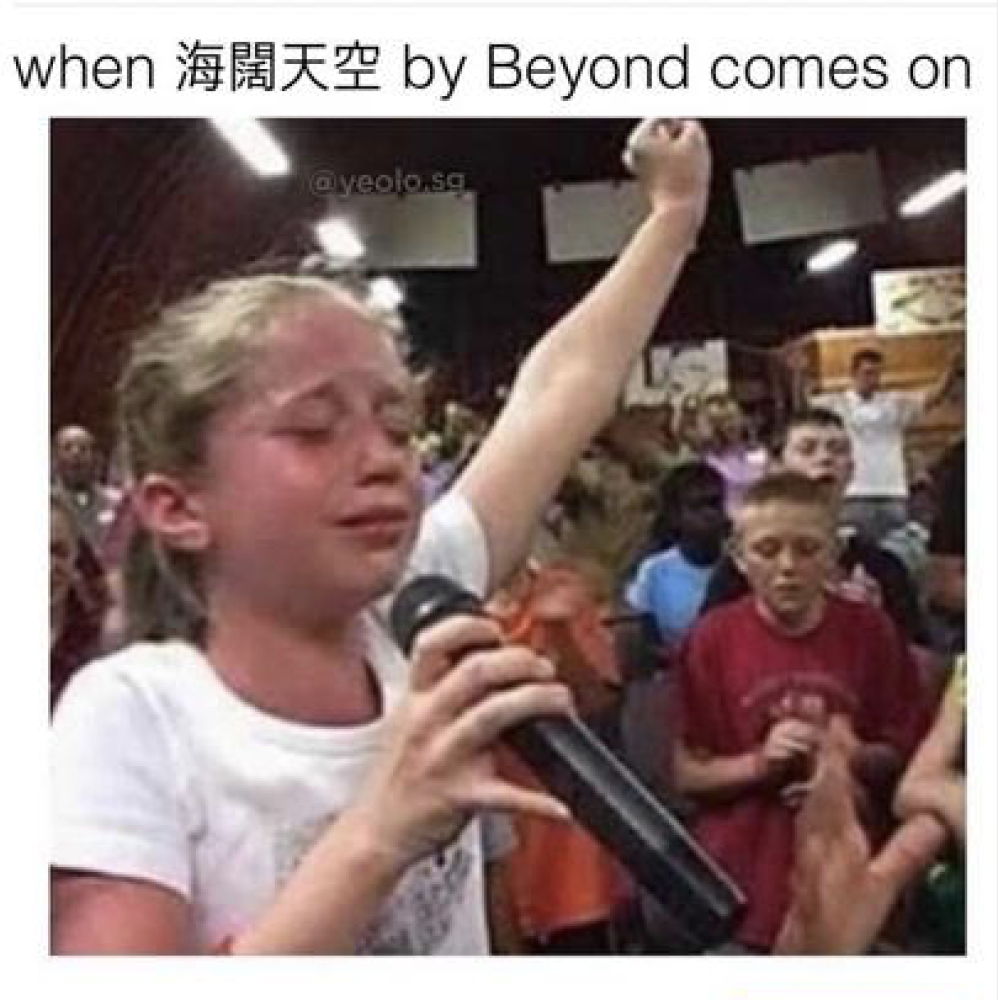Interview: Nancy Lim opens up about Hong Kong one meme at a time
May 26, 2022
Nancy Lim finds social media as a stepping stone to tell stories that were previously untold and bring in a wider audience

Memes have taken over the world. What was once a tiny corner of the Internet has now evolved into a cultural phenomenon with its dispersion likened by researchers to an infectious disease. From acting as a stress reliever to even finding their way into the po-faced world of fashion, it just goes to show how memes are more than just a silly image with a witty caption. Hong Kong Memes is one such example. Cultivated and curated by Nancy Lim, a third-culture kid (born in Korea, grew up in Singapore and now living in Hong Kong), the account with 58,500+ followers brings Hongkongers together by poking fun at everything from Carrie Lam to Lan Kwai Fong to bizarre Cantonese customs while acting as a catalyst for social commentary.
Could you tell us a bit about your background and what inspired you to start making memes about Hong Kong?
I’m a content creator on Instagram, mainly creating memes based on aspects of Hong Kong culture, trends, people, food and the general diaspora of foreigners – from the lens of a Korean person who has been living in the city for some time now. This started as a bit of a joke among friends and just kind of took off from there. I juggle between managing this meme account and my day job as a project manager in a leading American office furniture company.
What’s the process of creating a meme like and where do you get your ideas?
My process may not be as fun and wild as everyone thinks. In the very beginning, I would think of a funny idea and then start scavenging for appropriate materials and formats to pair with it. Now having made over 600+ memes, I have managed to amass a huge database of meme formats that I can deploy. So the meme-making process has changed quite a lot for me over time, and I tend to work the other way around – if I have an idea I’ll dig through my database to find something that fits well and put together the final product. It might sound quite mechanical but it’s actually still quite an organic process because I have to know what I’m looking for.
You’ve been running this page for a couple of years now – during this process do you think you’ve learned more about Hong Kong and its culture?
100 per cent I have. I’m a staunch believer in “don’t ask, don’t get”. Day to day, I still find myself asking friends about specific Hong Kong historical events, social mores, pop culture touchstones, trendy Cantonese sayings or even their favourite childhood memories/personal anecdotes – all so I can educate myself on Hong Kong culture. There’s only so much you can learn about Hong Kong from current media, and I’ve realised that the people of Hong Kong can teach you so much more about the city, especially locals. The more personal the meme references are, the more my audience tends to appreciate them. Contrary to popular belief, I’m not from Hong Kong and didn’t grow up here (having only moved to Hong Kong for university), so there’s always going to be a bit of a learning curve when it comes to cultural norms. The research process is very important to me so I like to put a little more effort into that.
How has your cultural background influenced you and your memes?
It’s a mixed bag as I’m really a third-culture kid. I’m Korean, but I see Singapore as my second home having spent most of my youth there, and Hong Kong is my third and current home. Being born in Korea doesn’t necessarily define me and my personality. I think what’s more important in shaping who I am in the people I have surrounded myself with, and those people would naturally have an effect on me and expose me to different types of humour. Whether that’s a more on-the-nose American style or a drier British interpretation, I’d like to think that my sense of humour is a melting pot of all of that. Being in an environment filled with people from all walks of life has also equipped me with an ability to accept and appreciate other cultures. I also have a pretty outgoing personality and tend to make friends quite easily so that always helps!

How would you describe Hong Kong culture?
This video says it all: Skibs – Hong KongKids (this is a joke).
How do you hope to celebrate and promote Asian culture through your memes?
My memes act as a sort of diary detailing my experiences, journaling my occasional failed attempt to better understand the unique perspectives that this city and its people present. Though much of my content focuses on Hong Kong-specific tropes, many local traditions are shared by other Asian countries (e.g. no shoes in the house). These shared experiences tend to bring different ethnicities together, rather than divide, as I never set out to make it a competition to say which country or group of people does it better. At the end of the day, I would like to celebrate and promote all Asian cultures through my memes.
Also see: Art Central 2022 returns for its 7th edition
With memes, there are obviously going to be people who feel offended, but in general, what are the most common types of comments you receive?
The most common type of comments I receive is along the lines of “OMG so true”, “ded”, and different versions of “lol” and “haha”. Hopefully, this means they find my content relatable and entertaining at the same time. A lot of my newer followers tend to question whether I’m really Korean, as they find it hard to believe that a foreigner understands many of the idiosyncrasies of Hong Kong. In response, I have to do ridiculous things to prove my nationality (e.g. show myself reading an excerpt from a Korean book).
Besides being a source of entertainment, what else do you hope to offer your followers?
In a playful way, I want to highlight the inequalities and contradictions of the city that most people are hesitant to talk about without offending. I think that’s what connects people as most will immediately recognise what I’m talking about. It might come off as cynical or mean-spirited, but this isn’t the intention – which really is to poke fun at those who take themselves too seriously.
What’s your favourite meme you’ve made?
Currently, my favourite meme is “live, laugh, lockdown”. For those with a roof over their heads and food on the table, I think that’s the best approach we can take to cope with what’s happening in Hong Kong. Spread positivity, not Omicron – you know? We should all try our best to embrace the absurdity and try to find levity during darker times. At least that’s how I’m trying to deal with it.
Do you think there needs to be more representation of Hong Kong culture and identity on social media?
With the rise in popularity of K-pop and awareness of Asian-American prejudices, the Asian population now have more of a voice to tell their stories, whether that’s through their particular art form or via social media. I see social media as a stepping stone to tell stories that were previously untold and bring in a wider audience or perhaps educate those who were previously ignorant of certain struggles.
When it comes to Western media, there’s more to Hong Kong than Ip Man and Bruce Lee, or the neon-lit “exotic” Asian city in Holly wood movies. I’m not mad at the way they tend to be portrayed because they are usually not ill-intentioned, but limiting the representation to kung fu masters will likely perpetuate harmful and inaccurate stereotypes. I definitely think there’s a growing demand to see Hong Kong portrayed more accurately. I still get excited about seeing Hong Kong in blockbuster movies, but a more meaningful representation would be great.
I could definitely do more to expose myself to Hong Kong culture and could benefit from having more local friends and reading online forums. At the same time when scrolling through social media geotagged for Hong Kong, I’m usually bombarded with photos of Hongkongers enjoying staycations, going to fancy dinners, taking moody photos of the famous skyline or hiking in Lululemon gear. This of course may all be due to the Instagram algorithm presenting what it thinks
I want to see it, but it also seems to suggest a decline in creativity and identity when it comes to cultural relevance. As a Korean, I still get extremely excited whenever I hear the theme song A Better Tomorrow by Leslie Cheung on the street. This excitement may have been passed down by my parents who were heavily influenced by the “golden era” of Hong Kong during their youth – something the recent biopic Anita captured very effectively. While it might not be possible to bring back the authenticity of that version of Hong Kong, I think there is more we can collectively do to highlight (what I consider to be) other facets of Hong Kong culture on social media over the ones I’m currently seeing.
Also see: 5 things to know about IU, Korea’s “Nation’s Little Sister”
Can you tell us about your new merch?
I’ve been releasing different versions of everyone’s favourite “Just Diu It” series, but more recently I came up with a new design created as part of an April Fool’s Day joke which people have been strangely and unexpectedly excited about. So I guess I will be working on that over the next few months (I guess the joke’s on me!).
Going forward, what do you hope to achieve with your page? Are any exciting projects or collaborations coming up?
I want to continue making people laugh with my unusual sense of humour. I hope to do something more positive with my page, using the momentum that I have built on my account to help local businesses or charities. Nothing concrete is planned yet, but I would love to do something like that in the future. I also aim to instil a sense of pride among my Hong Kong followers through what can best be described as large-scale city-wide inside jokes.
Also see: Ellen Pau from science to M+ façade art























